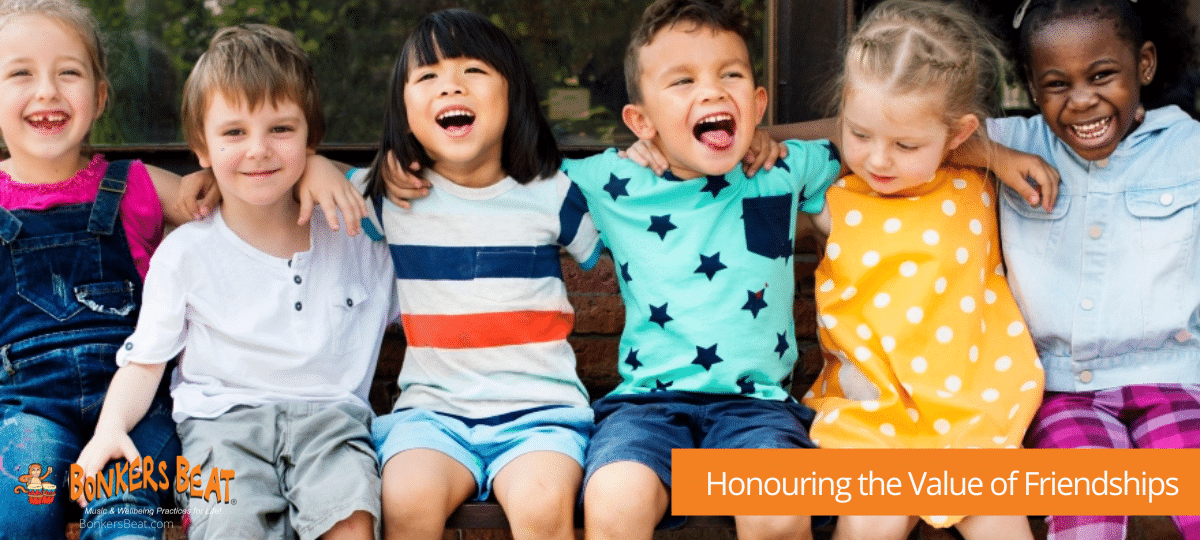Friendship can change our lives. From childhood, those first friendships we make become part of our most cherished memories as we grow up. International Friendship Day is coming up on 30 July, so let’s spend some time fostering the magic that friends bring to our lives.
At any age friendships help us to feel like we belong. They bring extra love and happiness into our lives and have a huge benefit to our emotional, physical and mental development and wellbeing.
Research supports the importance of friendships to help children in early childhood education to better navigate change and transitions, as well as for improving their overall quality of life. Children who have strong friendships tend to have higher self-esteem and experience improved outcomes in their learning.
There are so many reasons to embrace friendships and support children in discovering their remarkable value, so let’s make sure we make the most of International Friendship Day!
Tips for Fostering Friendships
Understand how children play and develop friendships:
To support children in making friends, we need to first understand the developmental stages that relate to play and friendships.
Up until the age of three, children are more likely to engage in parallel play with others instead of actively engaging with one another. This means playing near other children but not quite with them.
Children then move to associate play at around age 3 to 4-years, whereby they will be more interactive during parallel activities. From around age 4 they enter cooperative play — this involves children taking mutual interest in one another and the activity at hand.
Even parallel play can be a time for children to discover friendships though, so present children with plenty of opportunities to be near one another.
Talk about what makes a good friend:
There are many skills that are required to effectively make friends.
Encourage children to share toys and books, take turns listening and talking, and to be kind.
Role model friendships:
As adults we are role models to children each day, and they take cues from us as to how to behave with others.
With this in mind, make a conscious effort to role model positive behaviour when engaging with others. This means using a respectful tone, positive body language and being helpful (which we should all be doing anyway!).
Encourage connections:
Keep an eye out for children who may be developing a friendly connection and nurture it.
If a child is hanging around watching another child, you might invite them to join an activity together if both children are happy and willing. For example, by saying “Jack, I can see that Mia might like this book too — should we all read it together?”
A gesture of friendship
As a gesture of friendship from us to you, to honour International Friendship Day, we would love to offer you a 40% off discount on our ‘Let’s Celebrate’ set of resources in the Bonkers Beat Etsy store until July 30!
The ‘Let’s Celebrate’ pack consists of beautifully designed hands-on activities for children from 2 to 8 years of age, designed around an original song written by Galina Zenin complete with actions and Auslan signs. It is a perfect tool to embrace our diversity in any Early Childhood, kindergarten, school setting or at home. Get yours here. It could even help to create more beautiful friendships in your early learning setting and at home!
Happy International Friendship Day!





